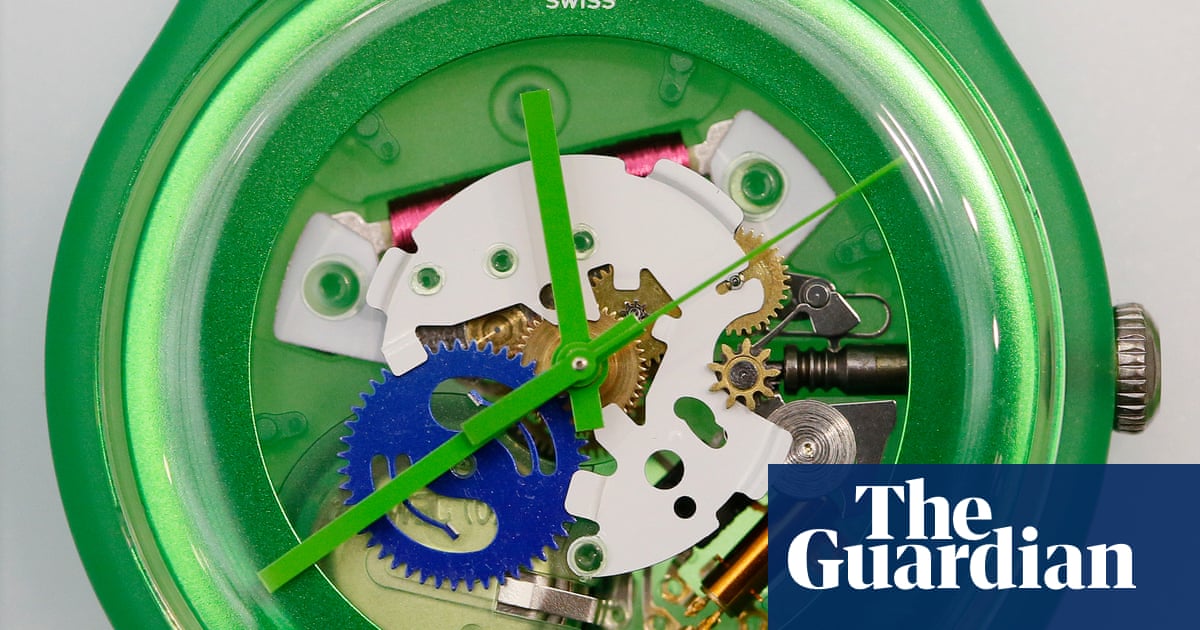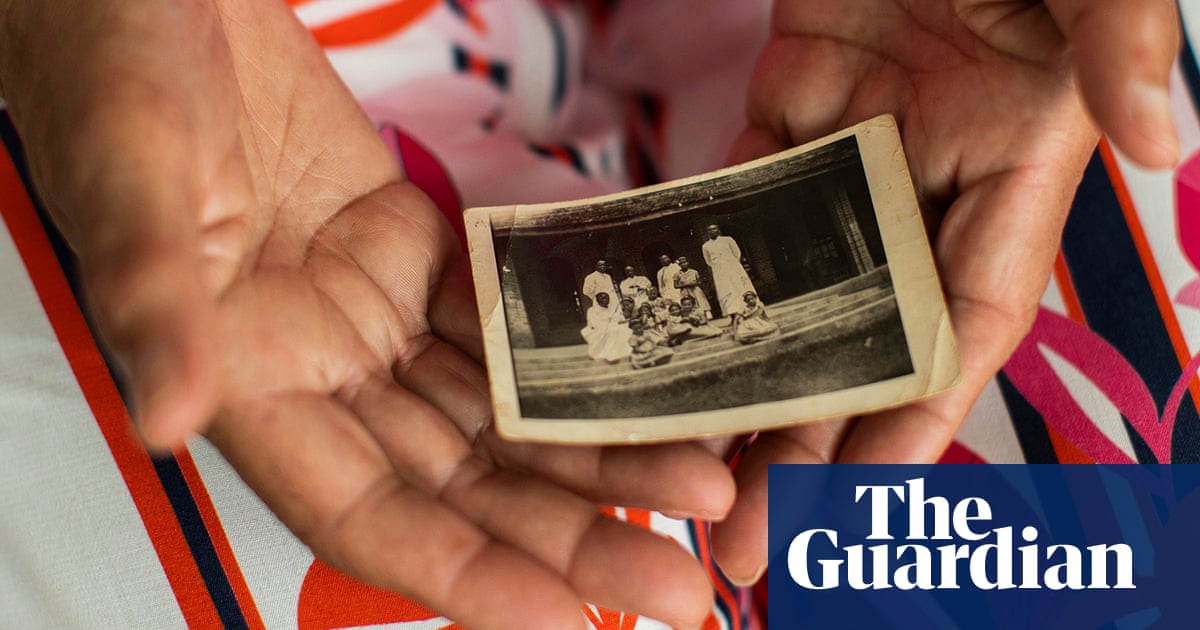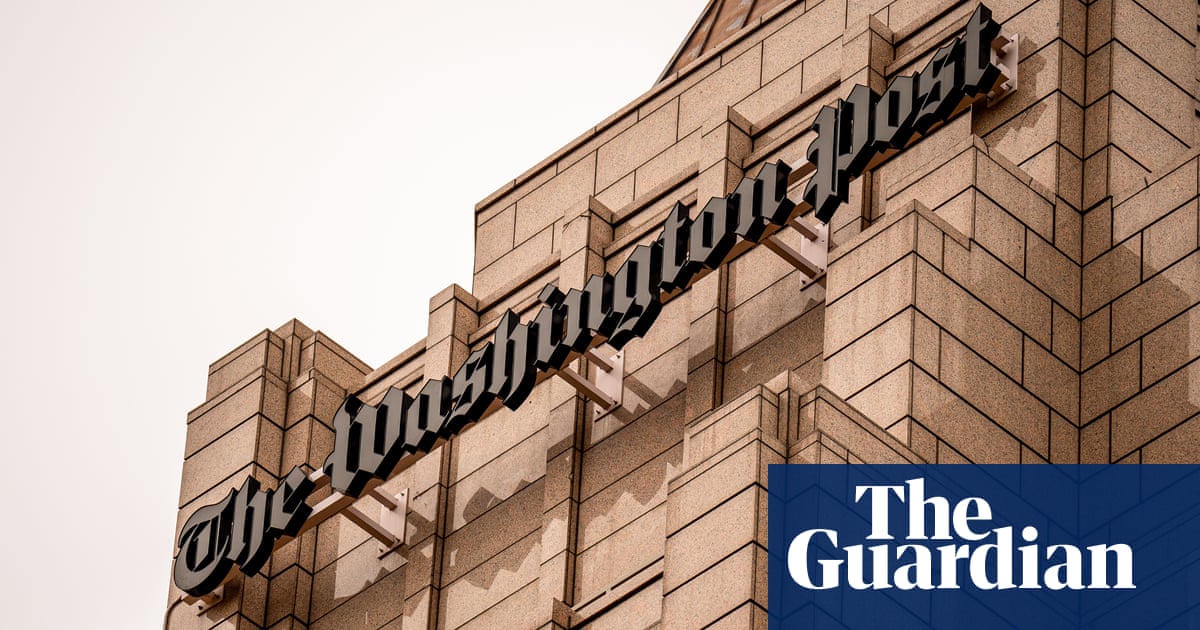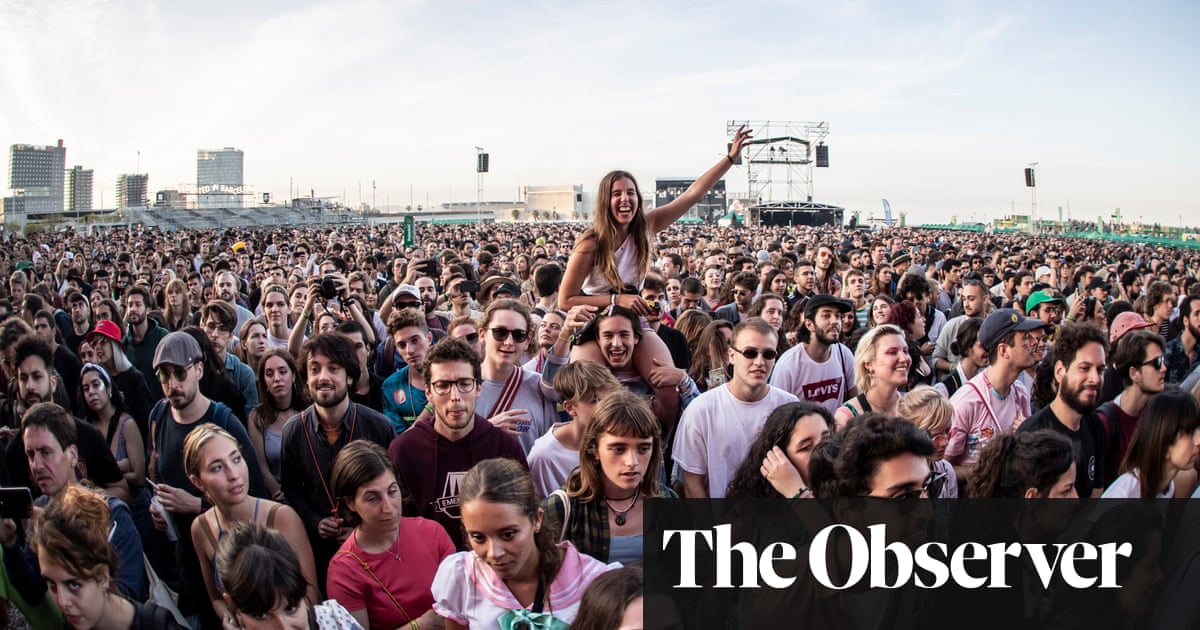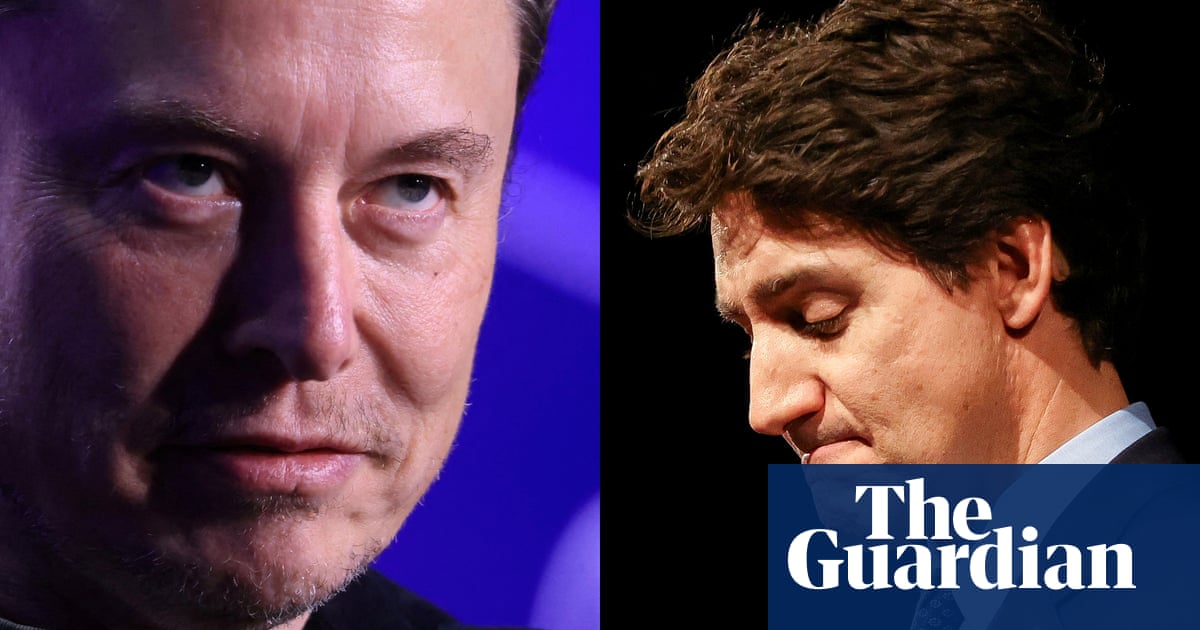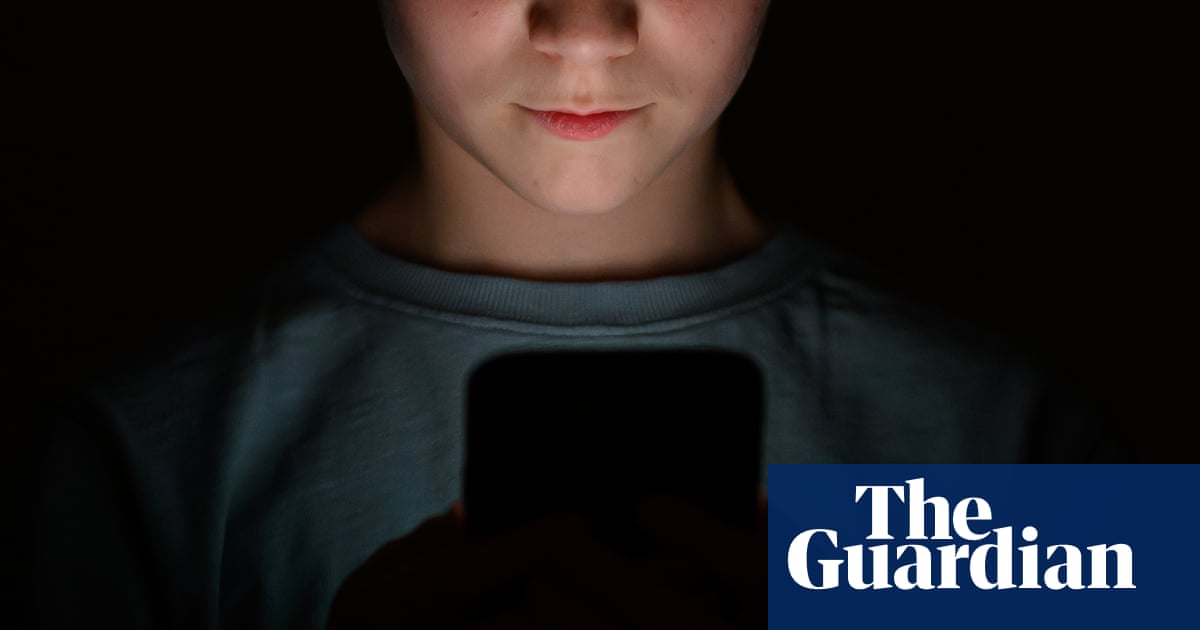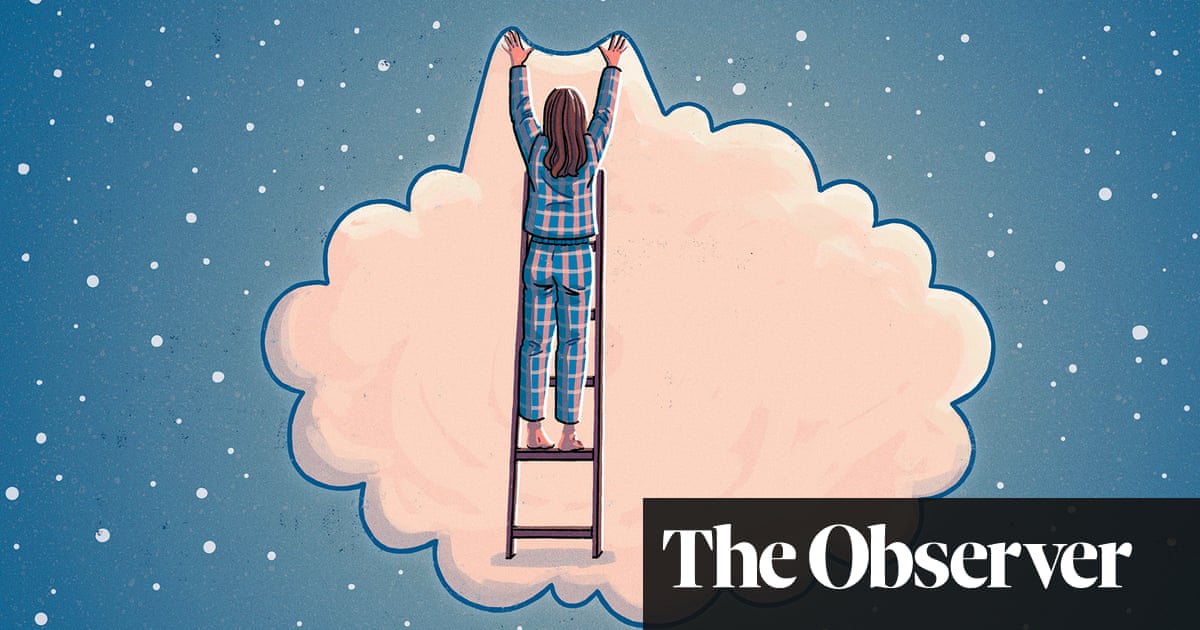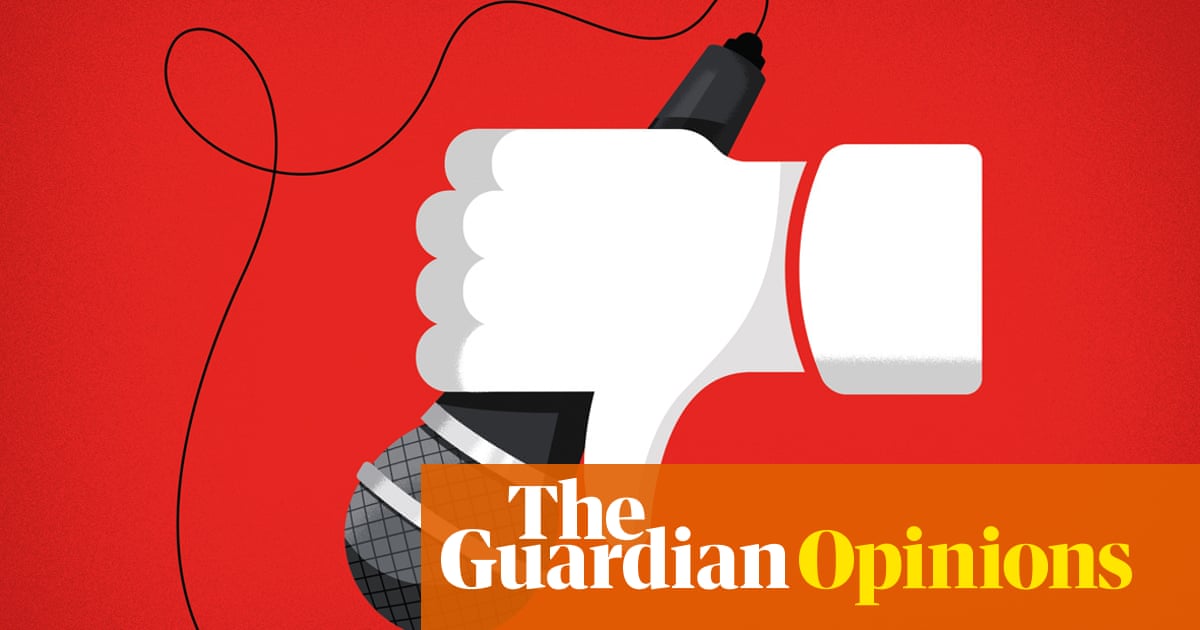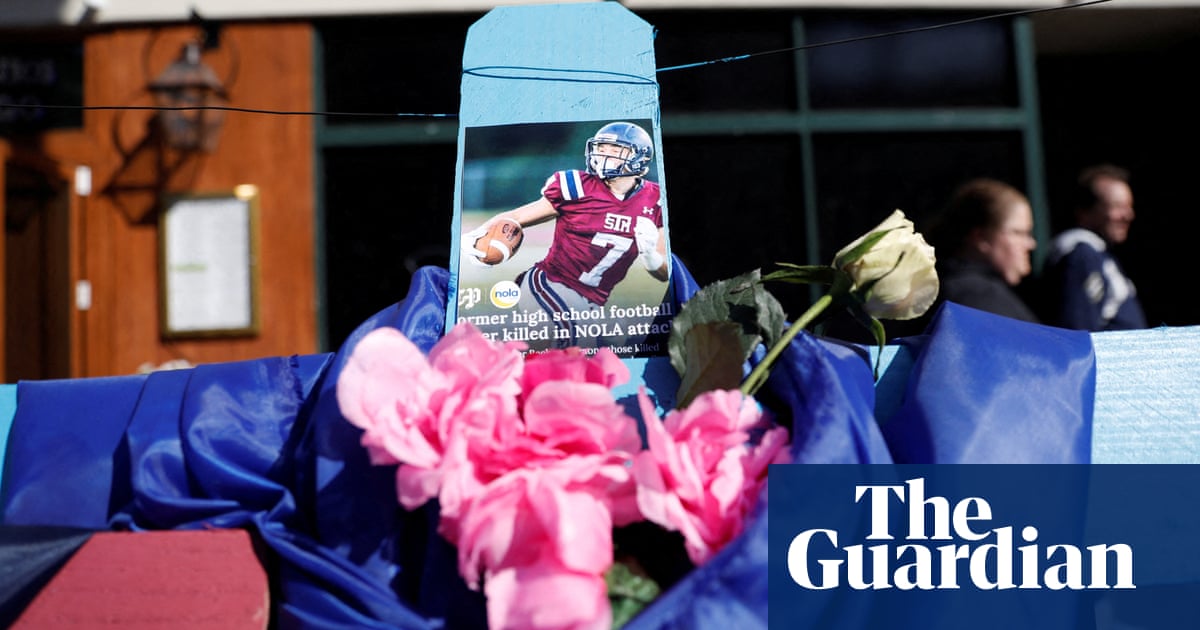The ruling made headlines across Ireland and around the world, sending women spilling into the streets of Dublin with signs that read “Thank you Nikita”.
Days after a civil court jury ordered mixed martial arts fighter Conor McGregor to pay nearly €250,000 over claims he had “brutally raped and battered” Nikita Hand, the case has prompted calls for a rethink of how society interacts with power, wealth and a “manosphere” intent on pushing its own notions of masculinity.
The roots of the case trace back to a Dublin hotel penthouse in 2018, where Hand accused McGregor of raping her after she invited him to join her and a friend at a work Christmas party.
For two weeks a jury heard Hand’s harrowing testimony: a paramedic who had examined her the next day told the court that she hadn’t seen such severe bruising for a long time, a psychiatrist diagnosed her with PTSD and told how Hand was unable to return to work as a hairdresser after being gripped with night terrors, panic attacks and anxiety.
McGregor, a former star with the Ultimate Fighting Championship, denied the allegations, saying that he had “fully consensual sex” with Hand and she had concocted the assault to cover her cheating on her then boyfriend. He has said he will appeal against the jury’s decision.
Heard in the high court of Dublin, the case sent shock waves around the world, including the US where McGregor has a huge following.
After the ruling, many lined up behind Hand. The Irish justice minister hailed her courage, while a number of businesses and Dublin and Cork airports swiftly stopped selling products associated with McGregor.
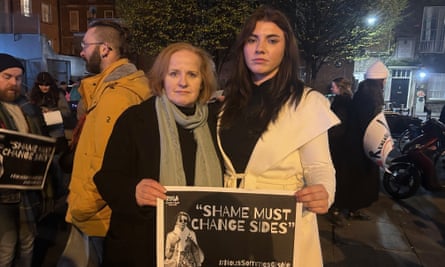
Some, however, rushed to defend the 36-year-old who last year was described in an Irish Times column as “immensely famous, with a fervent fanbase, a persona forged in cod-gladiatorial showbusiness, a genius for personal branding and a toxic narcissism that is the political style of our times.”
The shows of support sent media in the country scrambling to qualify his appeal, with the chief sports writer for the Irish Mirror likening him to a cult leader. “But millions around the world bought into the Cult of Conor McGregor,” he wrote. “He has appeared in a big budget Hollywood movie alongside Jake Gyllenhaal. He has hung out with Donald Trump and Vladimir Putin. Elon Musk and Russell Brand said he should be President of Ireland.”
Others were more blunt in their assessment of what was going on: “What the hell is wrong with the men who still insist on defending Conor McGregor?” one columnist asked in the Irish Independent.
For Ernesto Vasquez Del Aguila, an assistant professor who teaches a class on masculinities at University College Dublin, the hope was that the case would open a wider space for conversations on violence and masculinities, offering a potent challenge to the “so-called manosphere”.
It would be a twist for McGregor, long held up as a certain brand of masculinity following a life laced with violence both inside and out of the ring. He pleaded guilty to disorderly conduct after throwing a dolly at a bus carrying UFC fighters in 2018, while in 2019 he was fined after he punched a man in a Dublin bar.
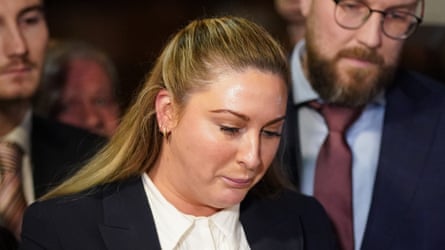
“This is not an isolated case. We men are socialised with the expectation that violence is part of being a man, that we are entitled to women’s bodies, that men are naturally hypersexualised, that ‘no’ means ‘try harder’,” Vasquez Del Aguila said in an email. “Men are not naturally ‘toxic’ or inclined to violence. Society teaches them these roles and we can change these narratives.”
In recent years, McGregor had seemingly drifted to the right, clashing with Irish authorities and accusing them of making him into a “scapegoat” after rioting in Dublin. One day before the riots, McGregor posted “Ireland, we are at war,” to his 10.3 million followers, while in a later post he added: “There is a grave danger among us in Ireland that should never be here in the first place.”
The impact the ruling would have on McGregor’s fans remains to be seen, said Charlotte Proudman, a barrister who specialises in violence against women and girls. “For some in his fanbase, I can see this decision reinforcing their admiration for McGregor, as they see his behaviour as a reflection of the dominance and entitlement of women and their bodies often celebrated in toxic masculinity,” she said in an email. “However, it could also lead to others who value accountability and respect for women distancing themselves from him.”
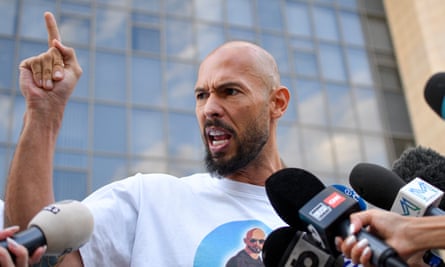
Among those who have backed McGregor was Andrew Tate, the self-styled “misogynist influencer” who recently sought to disparage Hand in an X post viewed more than 5m times and which described the jury’s decision as “a bullshit ruling”.
Proudman described it as an unsurprising display of solidarity among “those who normalise violence against women”. While some might brush off these “toxic dynamics”, Proudman highlighted the grave risks they pose. “These public defences perpetuate rape myths and embolden others to dismiss or attack survivors.”
At the Dublin Rape crisis centre, recent days had offered up glimpses of both extremes of the conversation. Six hours after the jury delivered its decision – and after Hand, her voice shaking as she spoke outside the courtroom, calling on victims to speak up, fight their fears and keep fighting for justice – calls to the national rape crisis hotline had surged by 150%, said the centre’s CEORachel Morrogh.
At the weekend, as the country grappled with what to make of McGregor after the ruling, calls to the hotline had doubled while first time callers were up more than 50%. “It’s had a really significant impact,” said Morrogh.
At the heart of this was Hand’s tremendous strength in coming forward, she said. “She demonstrated such courage and bravery in taking not only Conor McGregor on, but she took on his legions of fans as well, who are very vocal in parts of the internet and social media particularly.”
But while the case had made clear that women, regardless of their behaviour or their decisions, were never to blame for being raped, it had also laid bare the pervasiveness of negative attitudes and behaviours, said Morrogh.
“I also think that underneath what perhaps could be described as a veneer of social progress, there is a toxic stratum,” she said. “What we saw, mostly in social media commentary, was that when you scratch that veneer, you see the ugliness of what lies beneath.”

.png) 1 month ago
6
1 month ago
6



